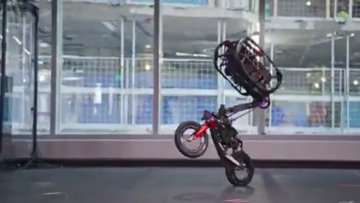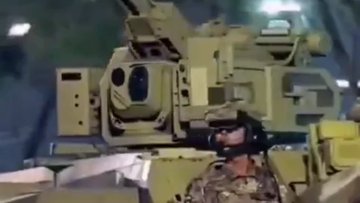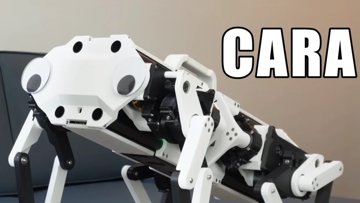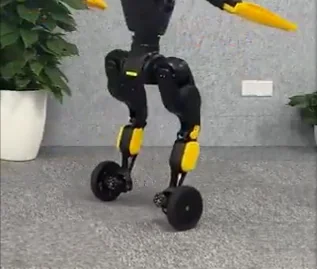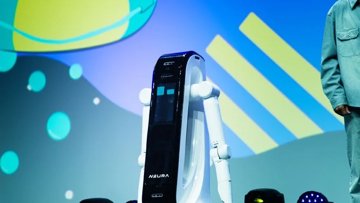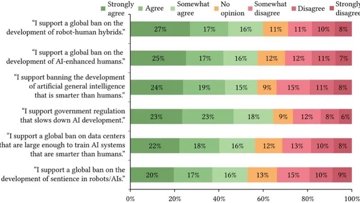Detroit Transforms into Robot Mecca as Automate 2025 Showcases the Future of Factories
The Motor City became the Robot City as Automate 2025 drew over 40,000 automation aficionados to witness the industry’s bleeding edge innovations. With more than 800 exhibitors filling the exhibition floor, the event buzzed with technological marvels that signal a profound shift in how tomorrow’s manufacturing will operate.
NVIDIA dominated conversations with their AI-powered digital twins technology, creating virtual carbon copies of physical systems that can predict failures before they occur. Meanwhile, Universal Robots captivated attendees with their “AI Cobot Walks” demonstrations, showing how collaborative robots have evolved from clumsy automatons to intuitive partners capable of working alongside humans with remarkable precision.
The showstopper came from industry newcomer UnitX, which unveiled their FleX system—purportedly the world’s most accurate inline visual inspection platform. For quality control professionals, this development represents the holy grail: a system that can detect microscopic defects at production speeds with unprecedented reliability.
Beyond the hardware spectacle, Automate 2025 confronted the human dimension of industrial transformation. Panel discussions explored how automation might actually solve the manufacturing sector’s chronic workforce shortages rather than compound unemployment fears—a refreshing counternarrative to the typical robots-stealing-jobs discourse.
The exhibition’s Startup Challenge showcased the industry’s next generation, with emerging companies focusing heavily on safety innovations and AI integration. Their approaches suggest that the factory of tomorrow won’t just be more automated, but fundamentally safer and more intelligent.
As collaborative robots (cobots) and autonomous mobile robots (AMRs) dominated the exhibition floor, one message became abundantly clear: the future of automation isn’t about replacing humans, but enhancing their capabilities through thoughtful collaboration—a vision of progress that Detroit, with its rich manufacturing heritage, seems uniquely positioned to appreciate.


